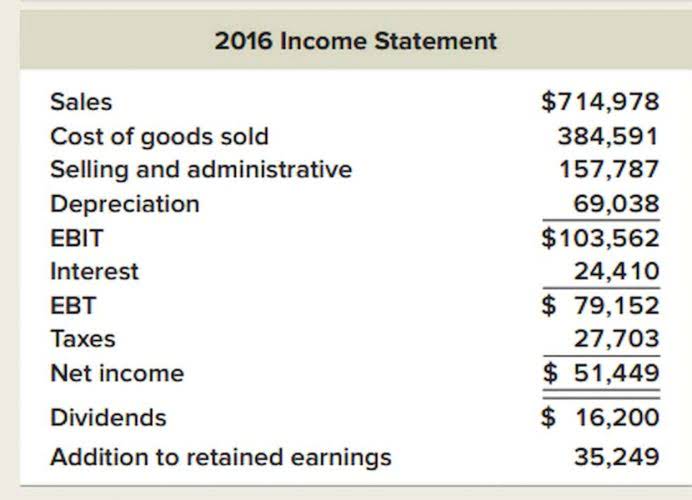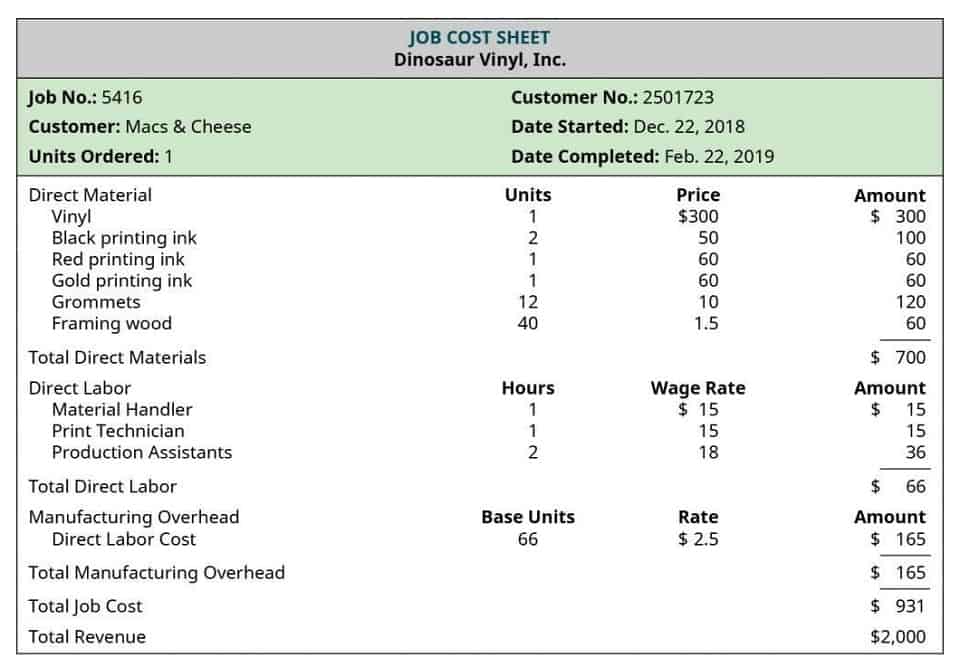
Federal law requires you pay employees extra if they work overtime. There are overtime and minimum wage exemptions, but you’ll need to familiarize yourself with them to ensure the employee situation you’re considering is eligible. It’s important to make sure that your team is classified properly. To do so, make sure you know the differences between W-2 employees and 1099 contractors.

The Basics on Payroll Tax
In these initial entries, you also record any employment taxes you owe. The purpose of payroll accounting is to keep track of employee compensation and related payroll costs. Recording these costs can give small business owners an accurate employers responsibilities for payroll do not include picture of their expenses. You may find that hiring an accountant or bookkeeper to record these transactions can help you spend more time working on your business. Payroll taxes must be deposited with the IRS in a timely manner.

Payroll tax compliance
Many businesses choose to outsource their payroll and payroll tax duties to third-party providers. These providers can handle everything from wage calculation and paycheck distribution to tax withholding and filing. Outsourcing can be a cost-effective way to ensure compliance and accuracy in your payroll processes. The FUTA tax rate is 6.0% of the first $7,000 paid to each employee annually.

Once I’ve Calculated My Business Employment Taxes, How Do I Submit Them?

Many states also have regulations regarding final paychecks when an employee voluntarily leaves or is terminated. Employers must report the taxes they withheld and paid to the IRS and https://www.bookstime.com/ other tax agencies so that they can verify. Some reports must also show total income paid out—in particular, the year-end W-2 forms that are required to be mailed out by Jan. 31.
Payroll Taxes Must Be Calculated Correctly & Paid On Time

As with FICA taxes, you should deposit the FUTA taxes on EFTPS. If your FUTA tax liability is less than $500 in a year, however, you can include payment along with Form 940 instead of depositing the taxes on a quarterly basis. FUTA stands for the Federal Unemployment Tax Act, and SUTA (State Unemployment Tax Act) is the state component. FUTA taxes are used to fund unemployment compensation programs.
- The remaining 16 hours are still owed to the employee and are, therefore, a liability to the company.
- If a self-employed person also has wages from a job, the wages are coordinated with the SE tax so that the wage-base ceiling can be properly applied.
- There are very few exceptions to the workers’ comp requirement—and Texas and South Dakota are the only states in which employers can opt out of purchasing the insurance.
- Essentially, payroll-related accounts include a mixture of expenses and liabilities.
- In some places, factors such as the number of hours worked, the nature of the work, or the level of control over the worker might determine classification.
- If you reported taxes of more than $50,000 on Form 941 during the lookback period, you’re a semiweekly depositor.
They include figuring income tax withholding (federal and where applicable state and local), depositing payroll taxes, and filing various returns to report payroll activities. The federal government doesn’t pay unemployment benefits, but it does help states pay them to employees who’ve been involuntarily terminated from their jobs. To fund this assistance program, employers must contribute to FUTA, which is a tax created by the Federal Unemployment Tax Act. The tax applies only to the first $7,000 of wages of each employee.